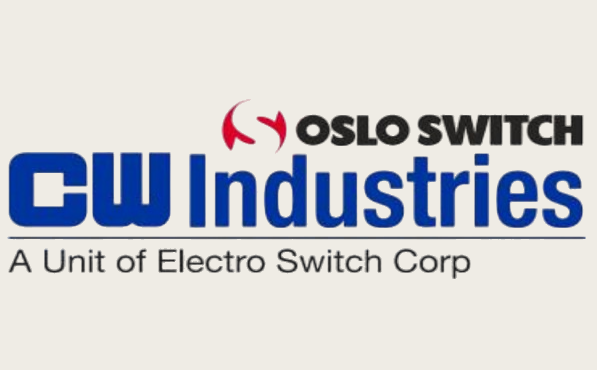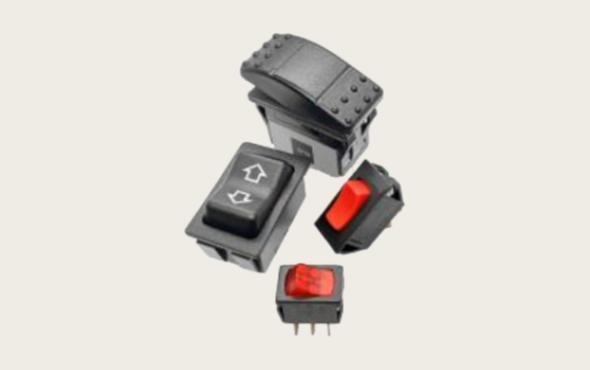An Overview of CW Industries Brand and Quality AssuranceCW Industries is a senior connector and switch manufacturer based in Pennsylvania, USA, with a highly integrated production system. It provides a variety of connectors such as IDC (insulation piercing), Socket, D-Sub, Card-Edge, PCB, covering both commercial and military specifications, among which many products meet Mil-Spec requirements.
In the field of quality management, CW Industries holds an ISO 9001:2015 certification, has advanced testing laboratories, and complete SPC process monitoring capabilities, which can meet stringent requirements such as UL, CSA, RoHS, and Department of Defense standards.

Note on precautions for domestic connectors participating in high-frequency testingHigh-frequency test applications (such as RF/microwave testing) place higher requirements on connectors. When designing and inspecting domestically produced products, the following aspects should be given particular attention:
1. Shielding and EMI/RFI suppression capability
High-frequency test environments are extremely sensitive to electromagnetic interference, and the connector structure needs to have good shielding effect to avoid signal leakage and crosstalk. CW's D-Sub series metal shell products have significant performance in EMI/RFI suppression, which can provide a reference for domestic design.
Medium Loss and Frequency Response
The attenuation of high-frequency signal transmission is mainly caused by the medium material and geometric design. Domestic connectors must choose low-loss materials and adopt reasonable structural design to ensure signal integrity within the target frequency band.
Impedance Matching and Reflection Control
RF testing is very sensitive to impedance matching, and any deviation is likely to cause reflections (reflection loss). Domestic connectors need to accurately control the tolerances of contact and spacing to reduce VSWR and maintain signal transmission quality.
4. Mechanical contact stability
High-frequency testing usually requires frequent plugging and unplugging, and stable connection performance is required. Mimicking the structure of CW Torq-Tite™ and other designs, enhancing the self-cleaning and compression performance of the contact surface, helps to reduce signal fluctuations.
5. Professional Test Verification Process
Domestic connectors should undergo strict verification before mass production, including return loss (Return Loss) and insertion loss (Insertion Loss) tests, environmental resistance (temperature and humidity, vibration) capability assessment, as well as long-term insertion and removal life tests to ensure consistency and reliability.

CW Industries has established a benchmark in the field of radio frequency/high frequency connectors with its strong design capabilities, high-standard quality control, and rich testing capabilities. For domestic connectors to replace imported products for high-frequency testing, they must make a comprehensive effort in shielding capability, dielectric properties, impedance matching, contact structure, and testing verification. Only by fully meeting these key dimensions can they become a reliable alternative in high-frequency application environments and achieve a breakthrough in domestic production.
If you are interested in the domestic substitute products of CW Industries brand connectors, or have procurement needs in high-frequency test applications, or have production or sales channels for such products, and wish to engage in in-depth cooperation or communication, please contact:
Manager Zhang (186-6538-3950, WeChat number the same)We look forward to working with more industry partners to jointly promote the development of high-frequency applications of domestic connectors!

